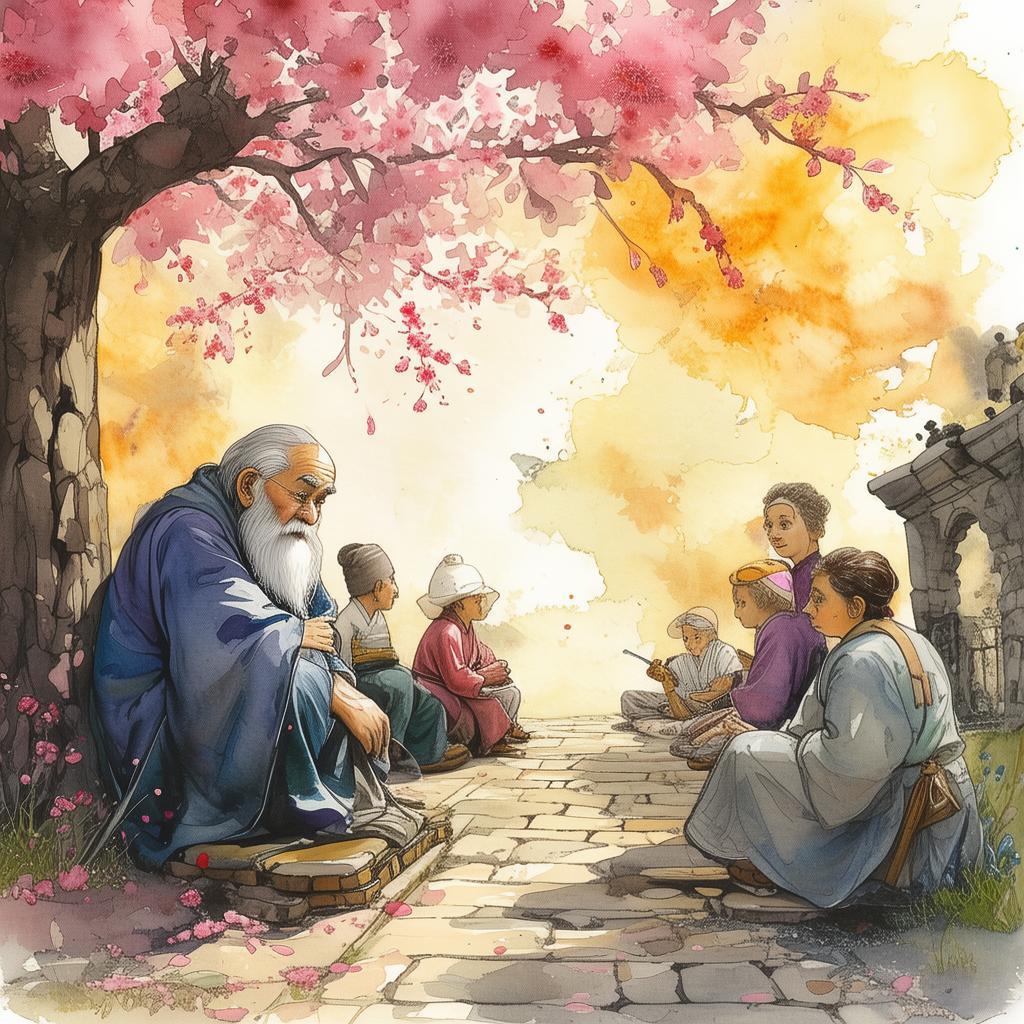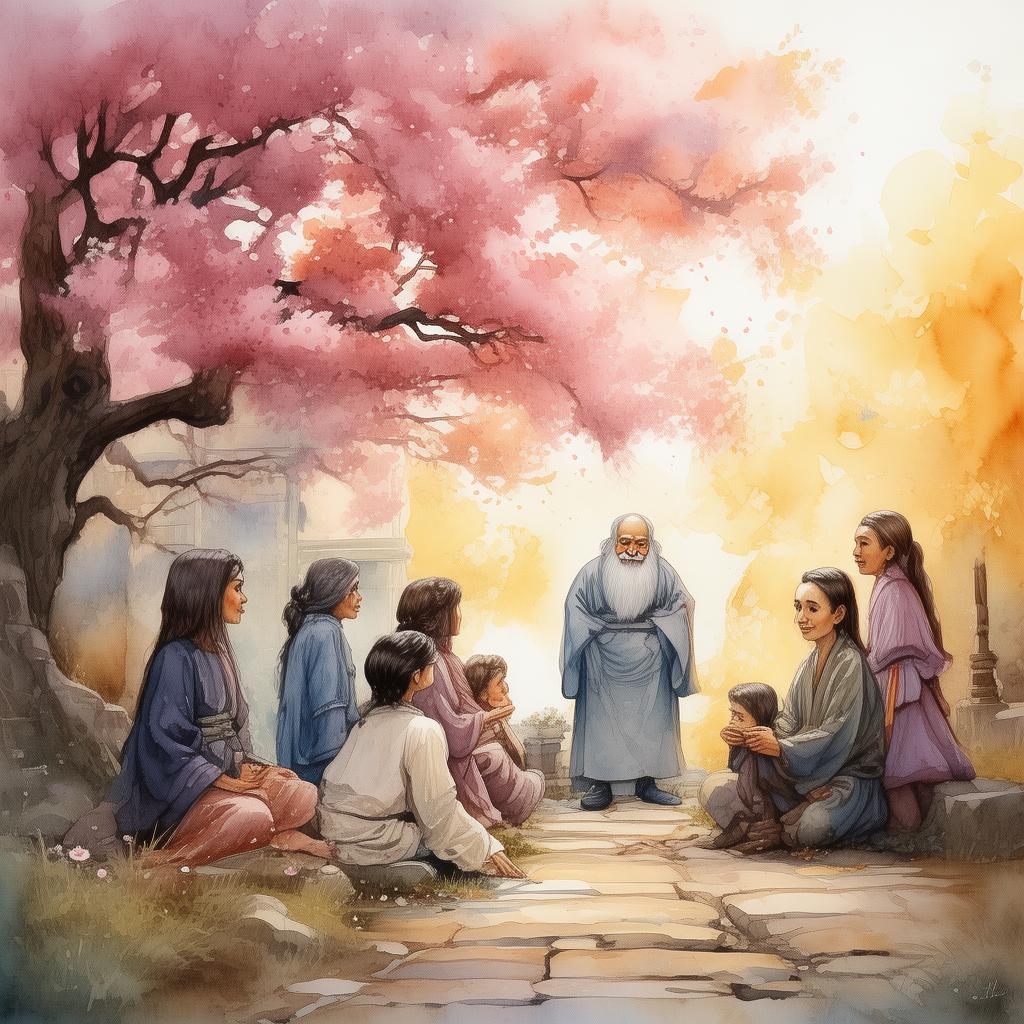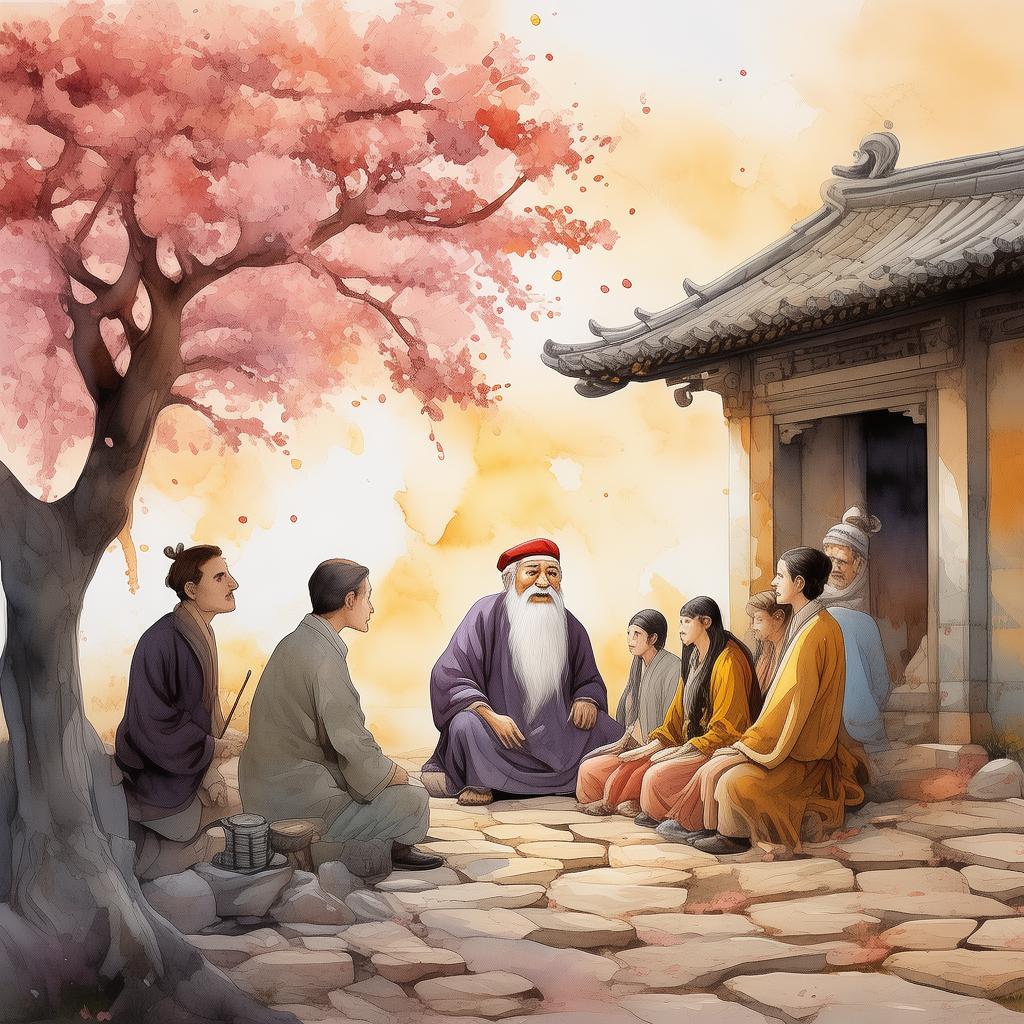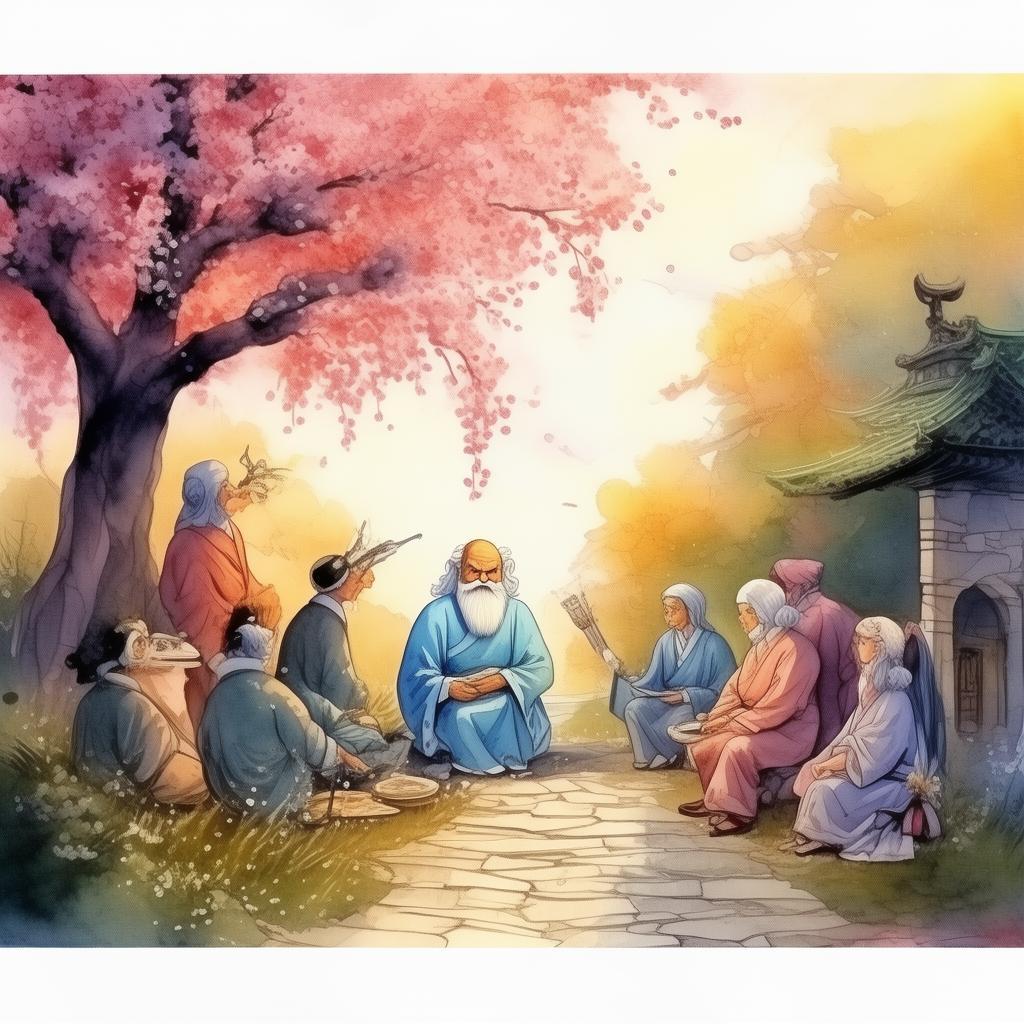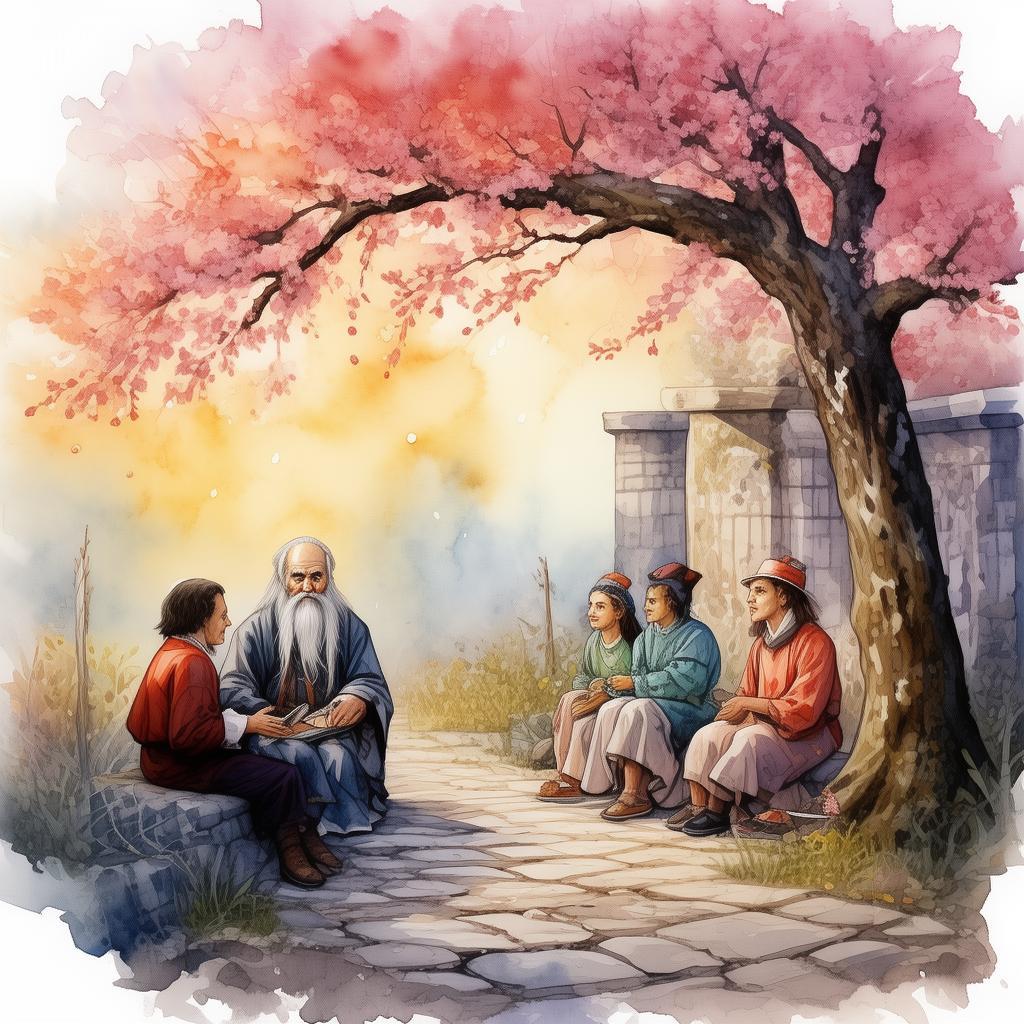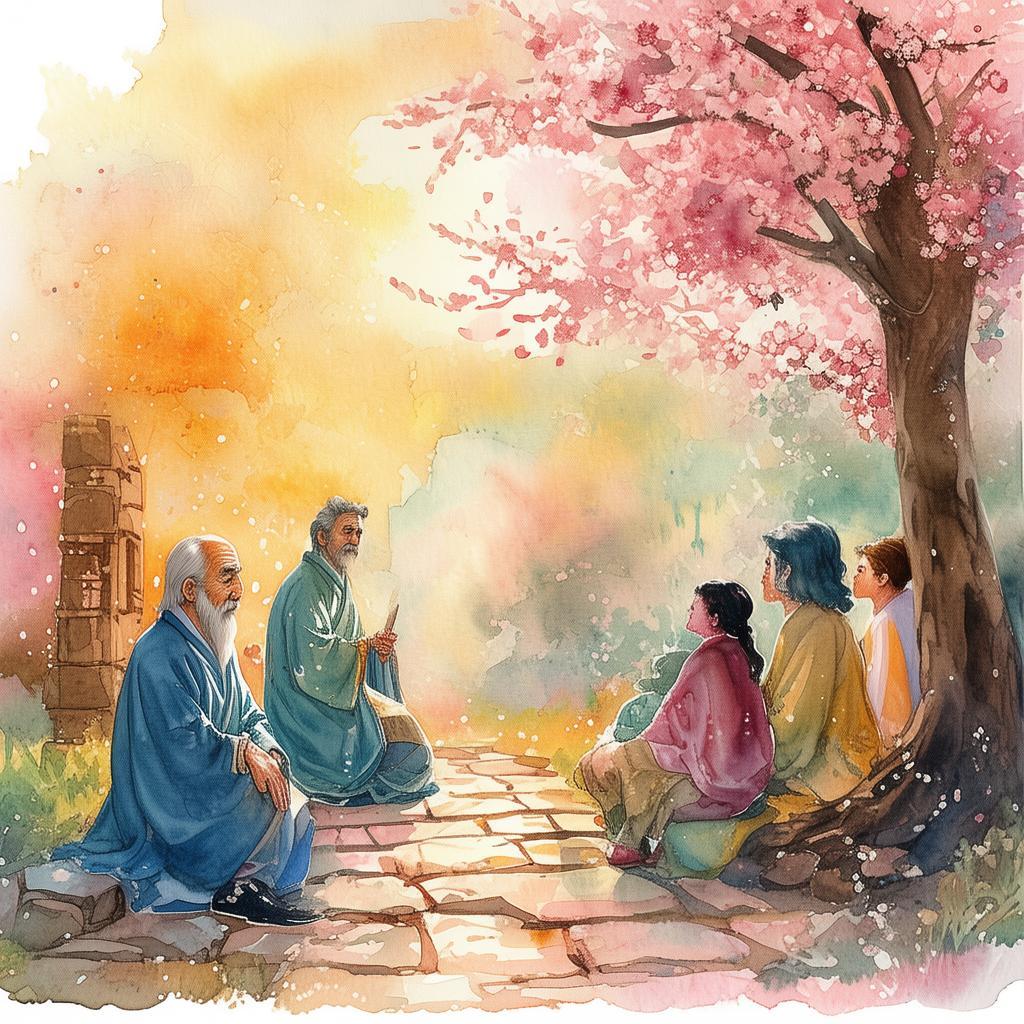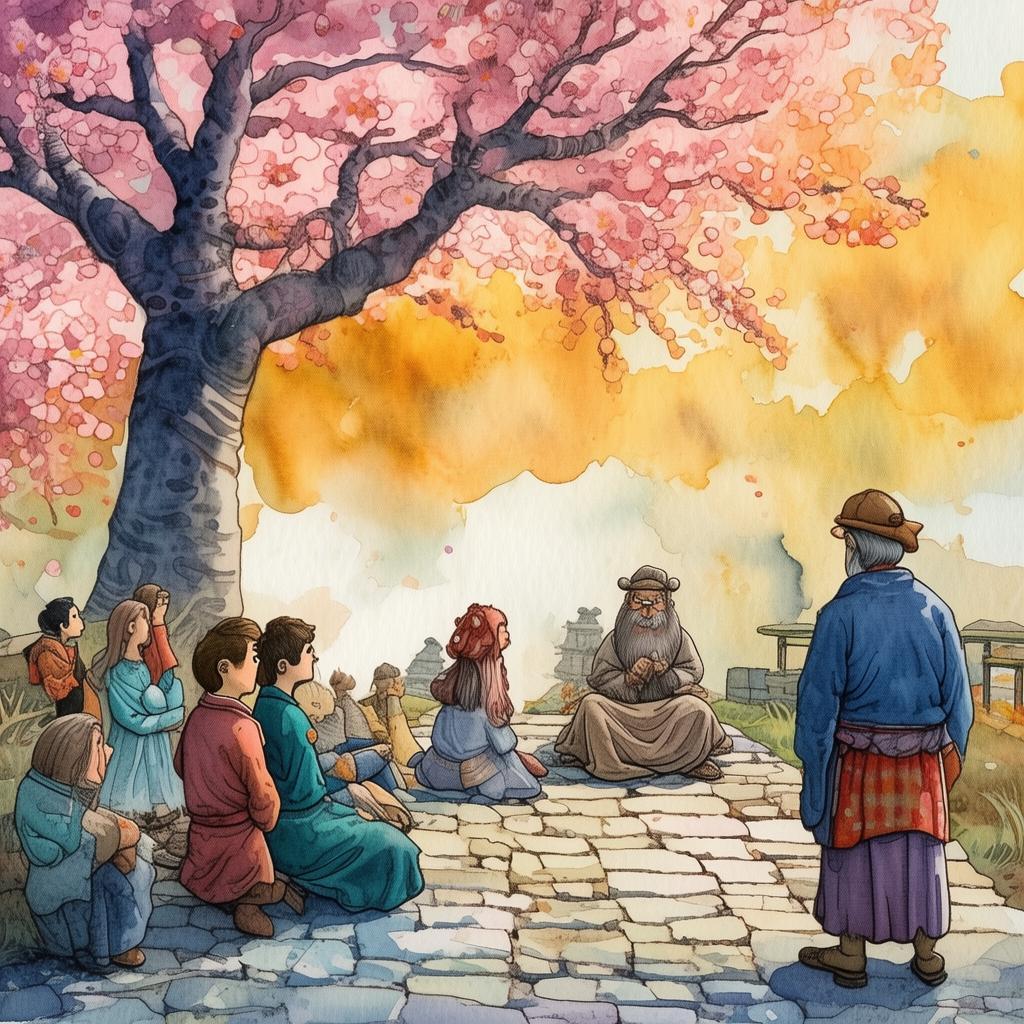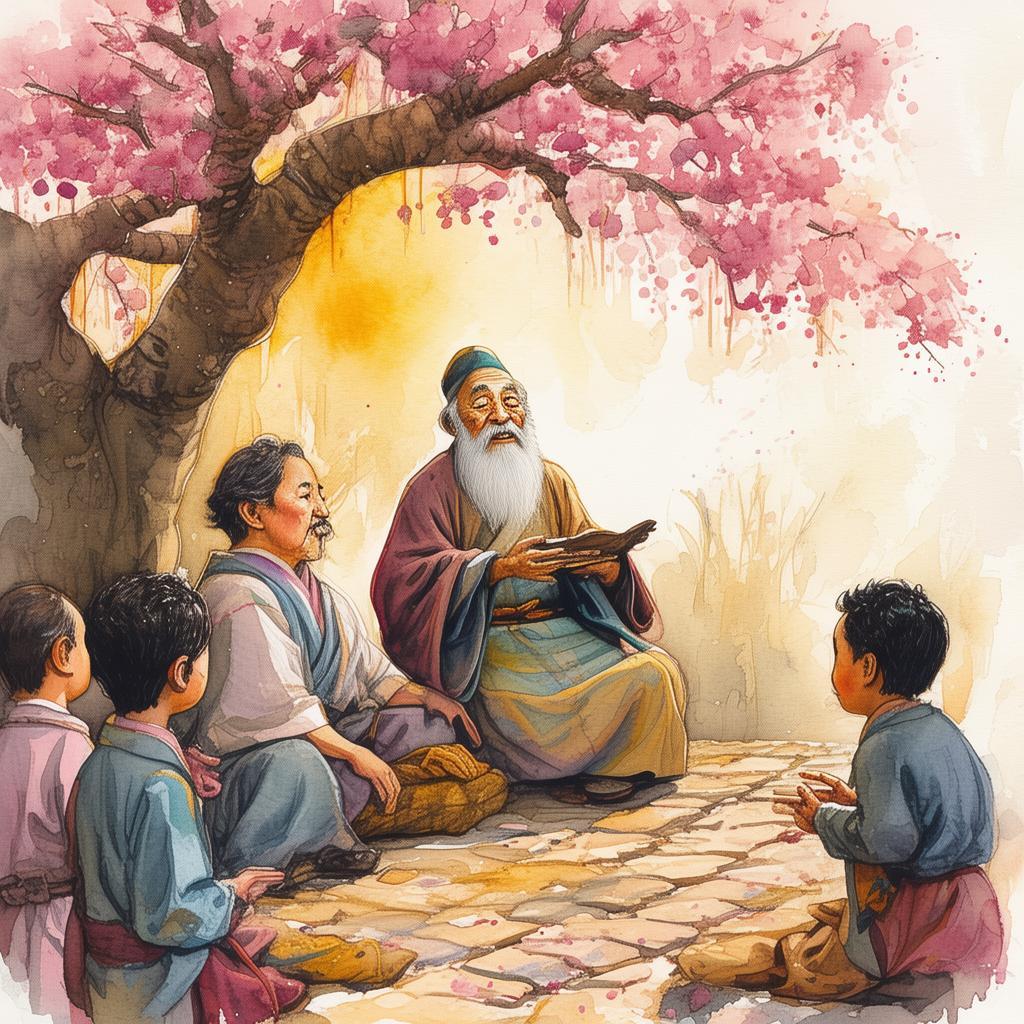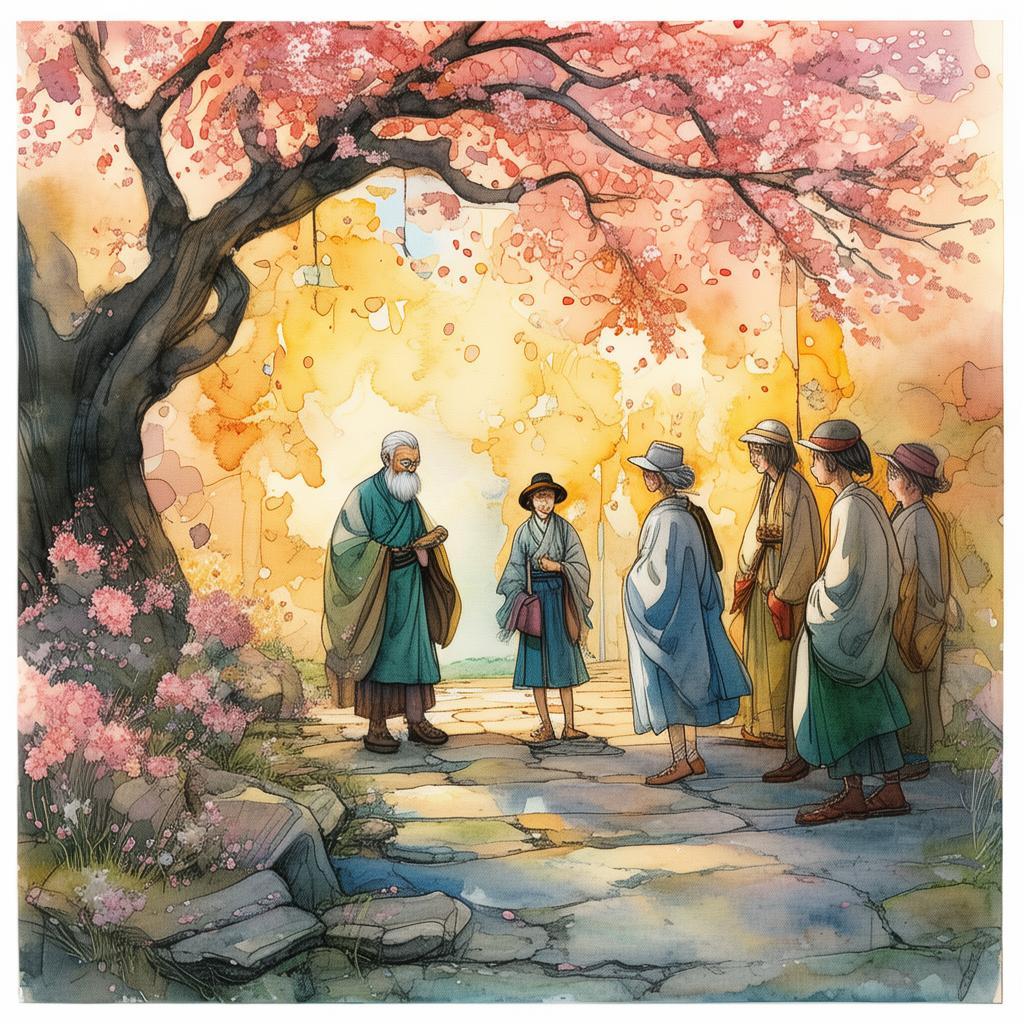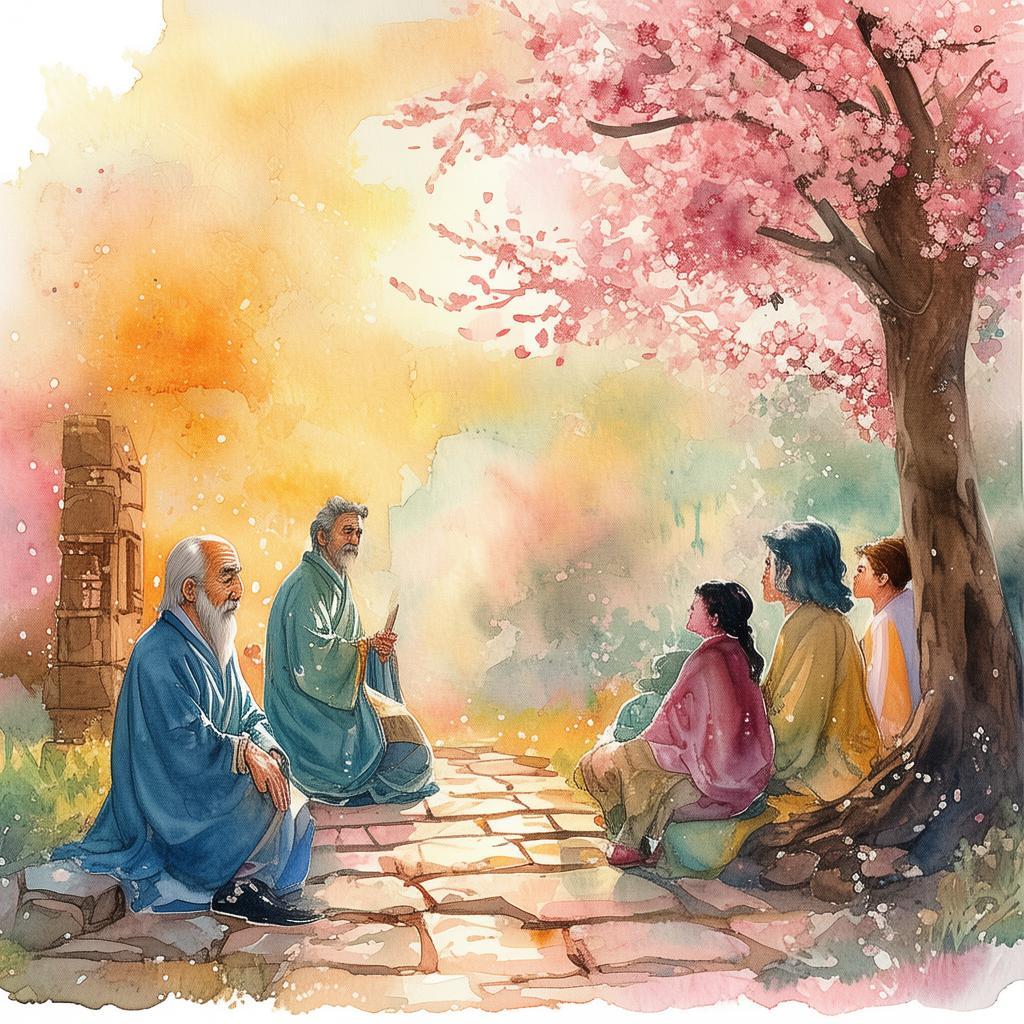The Fall of the Golden Throne: A Tale of Corruption and Redemption
In the ancient kingdom of Liang, where the sun's golden rays were said to warm the hearts of the people, there lay a palace of marble and jade, the Golden Throne of Liang. It was a seat of power, a symbol of the unbroken line of the Liang Dynasty, whose rule was as ancient as the mountains that encircled the kingdom.
In the shadow of the throne sat the current ruler, Emperor Ming, a man of great ambition but questionable integrity. His reign had seen prosperity, but whispers of corruption had begun to creep through the corridors of power. Yet, it was not until the day a young prince, Li Chun, returned from his studies abroad that the truth began to unravel.
Li Chun, the second son of Emperor Ming, was known for his wisdom and kindness. Unlike his elder brother, the Crown Prince, Li Chun had spent his formative years learning about the world beyond the palace walls, understanding the needs of the people, and the true cost of power.
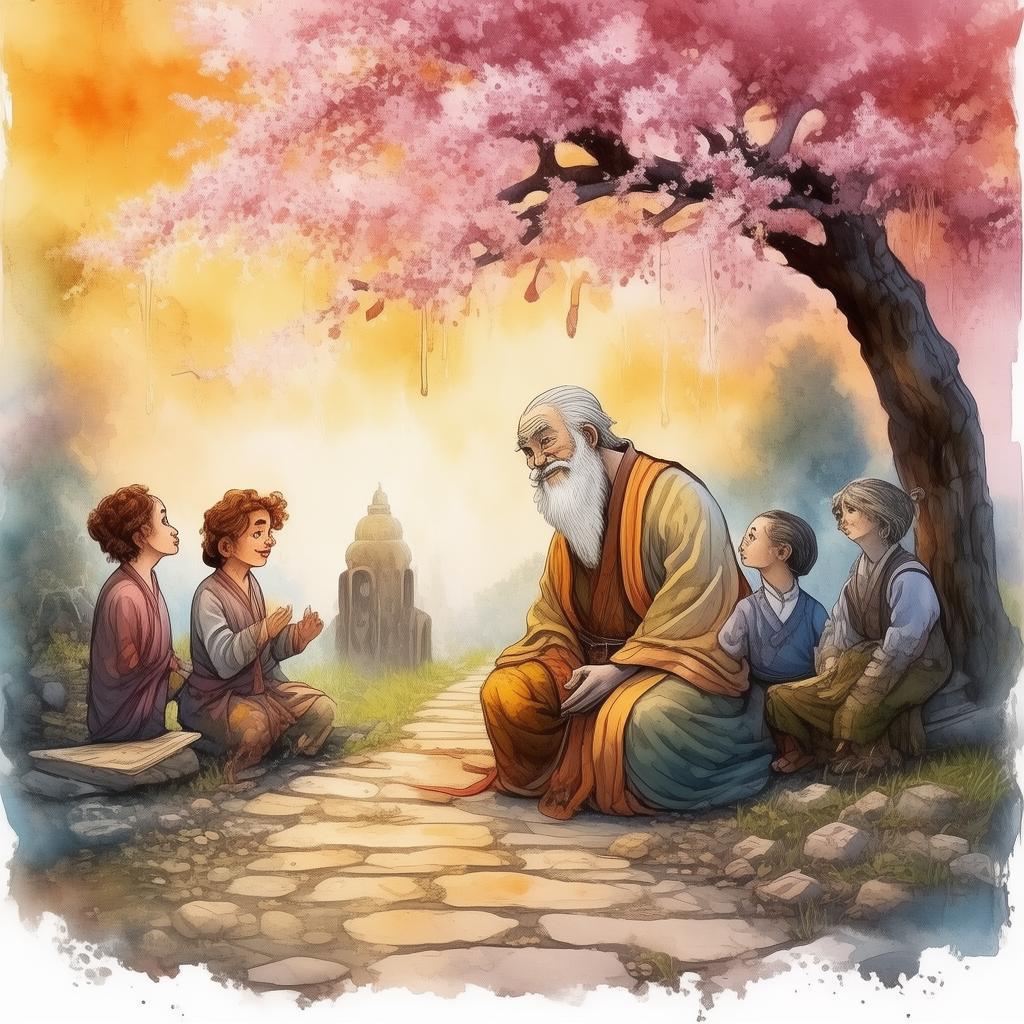
The tale begins with a simple request from a distant province—a report of a natural disaster. But when Li Chun delves into the matter, he discovers that the disaster is no act of nature. It is a result of the greedy exploitation of the people by corrupt officials. The report is a ruse, a way to hide the truth behind the emperor's throne.
Li Chun's heart breaks as he learns of the suffering of his people. He decides to investigate further, risking his own life and reputation. With the help of his loyal friend, the General of the Imperial Guard, Li Chun begins to unravel the web of corruption that has entwined around the Golden Throne.
Their investigation leads them to the heart of the empire, to the emperor's inner circle, where the most powerful and ruthless officials hold sway. They encounter betrayal, deceit, and a conspiracy so vast that it threatens to consume the very fabric of the kingdom.
The climax of the story comes when Li Chun confronts his own brother, the Crown Prince, who is revealed to be the mastermind behind the corruption. In a dramatic turn of events, Li Chun must choose between his family loyalty and his duty to the people. He chooses the latter, and in a heart-wrenching act of defiance, he exposes his brother's treachery to the public.
The Golden Throne is shaken, and the empire is thrown into chaos. Emperor Ming, facing the truth of his own corruption, abdicates in favor of his brother, who is forced to confront the consequences of his actions. Li Chun, now a hero to the people, is named the new ruler, determined to restore the kingdom to its former glory.
The story concludes with Li Chun, sitting on the Golden Throne, looking out over the empire he has vowed to protect. He knows that the road ahead will be fraught with challenges, but he is resolute. He will not let the corruption of the past corrupt the future of his people.
Through the story of Li Chun, "The Fall of the Golden Throne" serves as a cautionary tale about the perils of unchecked power and the strength of the human spirit in the face of adversity. It is a story that resonates with the universal themes of justice, redemption, and the enduring fight for the greater good.
✨ Original Statement ✨
All articles published on this website (including but not limited to text, images, videos, and other content) are original or authorized for reposting and are protected by relevant laws. Without the explicit written permission of this website, no individual or organization may copy, modify, repost, or use the content for commercial purposes.
If you need to quote or cooperate, please contact this site for authorization. We reserve the right to pursue legal responsibility for any unauthorized use.
Hereby declared.
